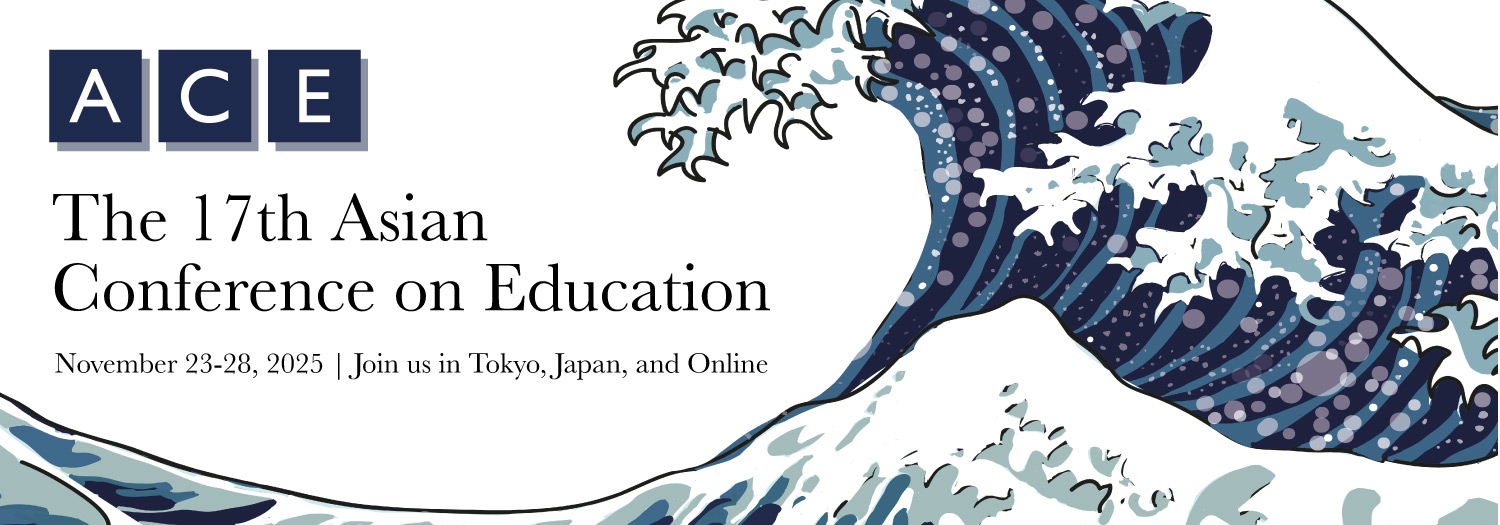This presentation argues that the first two decades of this century have been dominated by global policymakers and think-tanks’ repeated warnings of student learning not meeting society’s future needs. This is in large part due to a fixation on a narrow taxonomy of academic knowledge that ignores ‘soft’ skills and capabilities development. Consequently, we face a skills crisis just as accelerating technological advancement is creating an employment one. Equally as unfortunate, this approach to education has also led to a hierarchical relationship in which society values abstract, academic learning to the detriment of experiential, skills-based learning. All this is compounded by industrial-scale examinations and league tables that weaponize academic outcomes and lead young learners to become disillusioned with the purpose of education.
In this era, how do we use education to build resilient young people equipped to face the enormous uncertainties of the future? Is it possible to bring academic knowledge, experiential knowledge, soft skills, and competencies together with greater equity? This presentation attempts to answer these questions by examining a concept high school that is currently being developed by the Education in Motion school group. This model posits that young people need schooling to provide actionable, not abstract solutions to problems created by our binary approach to education. This innovative high school model argues that learning design must acknowledge systems thinking, circular economics and sustainable citizenship while balancing disciplinary knowledge with skills for the future.
Read presenter's biography
